Ahead of a performance at Music at Paxton, the ensemble shares their thoughts on a programme containing two pillars of string quartet repertoire
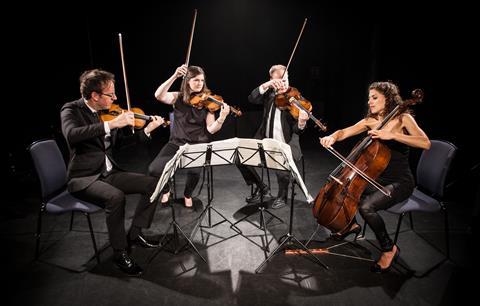
Discover more Featured Stories like this in The Strad Playing Hub
With 2025 marking both 150 years since Ravel’s birth and the 50th anniversary of Shostakovich’s death, the Carducci Quartet has programmed Ravel’s String Quartet with Shostakovich’s Eighth String Quartet in its upcoming performance on 22 July at Music at Paxton.
Written in 1902, Ravel’s only quartet is his first masterpiece, displaying an astonishing variety of tonal colours and the seductive sensuality that became a feature of his style. Shostakovich’s Eighth Quartet (1960) has achieved widespread popularity through its dramatic use of striking motifs and quotes from existing works that hint at a dark autobiographical narrative.
The quartet shares with The Strad their personal experiences with both works, as well as how their interpretations and approaches have evolved throughout the years.
We’re thrilled to be commemorating two significant anniversaries at this year’s Music at Paxton, with a programme that brings together Ravel’s only string quartet and Shostakovich’s Eighth quartet - two works that have become pillars of our repertoire and hold deep personal significance for us as an ensemble.
We first encountered the Ravel quartet quite early in our journey together — it was one of those formative works that helped shape our identity as a group. The way Ravel blends transparency with richness, structure with spontaneity, continues to captivate us. In the early days, we were perhaps more focused on the technical challenges—the ever-shifting textures and the delicate balancing of voices—but over time, our interpretation has deepened.
There’s now a greater awareness of the underlying architecture, and we’ve found much more freedom in how we play it. We can sit back and truly enjoy the magical sound world Ravel creates, and the beauty of the textures feels more vivid with each performance. Finding that balance between precision and expression has become more nuanced with experience.
Ravel’s String Quartet was one of those formative works that helped shape our identity as a group
Shostakovich’s Eighth quartet is one of the most powerful and emotionally charged works in our repertoire. Matthew and Emma first performed it as teenagers, on a stage set up in the centre of the Royal Albert Hall—an unforgettable experience that has stayed with them ever since. Michelle and Eoin have vivid memories of the Borodin Quartet performing the complete cycle of Shostakovich’s quartets in Bantry House 25 years ago. It really fuelled a huge passion for these works and we are hugely excited and honoured to be returning to Bantry House in 2025 to perform the cycle.
From our very first rehearsal as a quartet, the emotional weight of the Eighth—the darkness, the intensity, the raw vulnerability—left a deep and immediate impression on all of us. It’s a work that never becomes easier to perform, emotionally. If anything, the more we live with it, the more we uncover its complexities. When we perform the cycle chronologically, the Eighth quartet marks the halfway point—and it never fails to leave a profound impact, both on us and on the listener.
We’ve performed it in all kinds of settings—from major concert halls to schools, intimate venues, and even to empty halls during the pandemic—and each context has shaped our understanding of its emotional reach and resonance.
Do these pieces get easier over time? Technically, perhaps a little—our fingers certainly remember things now that they didn’t at first! But the emotional and intellectual demands only grow deeper. Each return to the music brings new discoveries: a subtle shift in voicing, a moment of tension previously unnoticed, or simply a fresh way of hearing each other within the ensemble.
These anniversaries have given us a welcome moment to reflect — not just on the works themselves, but on how we’ve grown and evolved with them over the years.
The Carducci Quartet will be appear in concert on 22 July at Music at Paxton festival in the Scottish Borders. www.musicatpaxton.co.uk
Read: ‘It’s about spending time with the music’: the Attacca Quartet
Read: Session Report: the Carducci Quartet on recording Shostakovich
Discover more Featured Stories like this in The Strad Playing Hub
The number one source for playing and teaching books, guides, CDs, calendars and back issues of the magazine.
In The Best of Technique you’ll discover the top playing tips of the world’s leading string players and teachers. It’s packed full of exercises for students, plus examples from the standard repertoire to show you how to integrate the technique into your playing.
In the second volume of The Strad’s Masterclass series, soloists including James Ehnes, Jennifer Koh, Philippe Graffin, Daniel Hope and Arabella Steinbacher give their thoughts on some of the greatest works in the string repertoire. Each has annotated the sheet music with their own bowings, fingerings and comments.
The Canada Council of the Arts’ Musical Instrument Bank is 40 years old in 2025. This year’s calendar celebrates some its treasures, including four instruments by Antonio Stradivari and priceless works by Montagnana, Gagliano, Pressenda and David Tecchler.

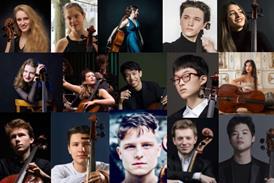
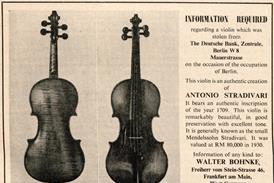
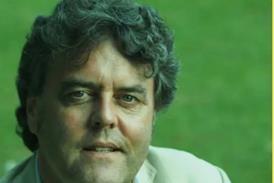
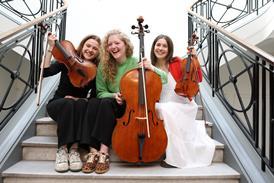
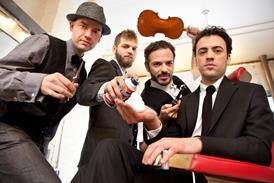





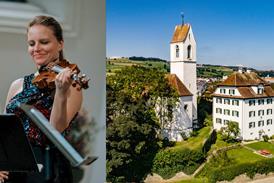
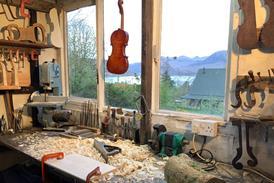
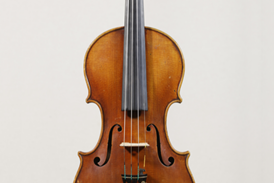
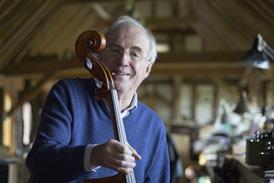
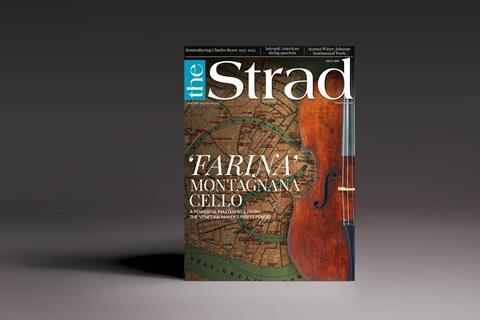




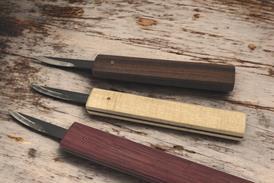

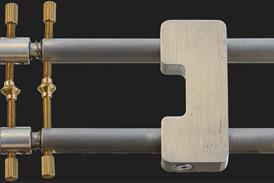















No comments yet